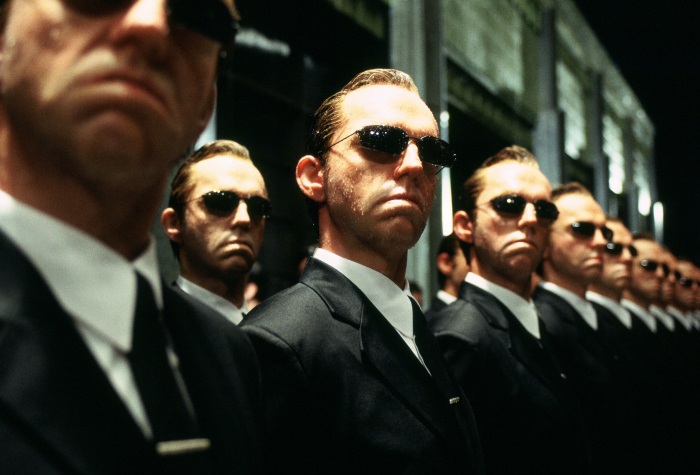China is building the world's largest cloning plant that can replicate humanity
A Chinese scientist working for the world's largest cloned plant claims about the possibility of human cloning, but this issue is still kept secret for fear of community response.
Boyalife Corporation and its partners are building a large-scale factory in Tianjin port, north of China. The plant is expected to go into production in the next 7 months, with the aim of replicating 1 million cows in 2020.
But cows are just the beginning of the factory clones, according to CEO Xu Xiaochun's ambition. In the factory lines also have purebred racing horses , as well as police pets and dogs , specializing in searching and sniffing.
In addition, Boyalife worked with Sooam - a Korean partner and the Chinese Academy of Sciences to enhance the primate's cloning capacity , creating better test animals for disease research.

There is no human duplication because of the negative reaction of the community, but the company executives say that social values can change.
Mr. Xu also affirmed that the company does not currently participate in human duplication activities, because negative reactions from the community may occur.
But social values can change, as people change their views on homosexuality - Mr. Xu also pointed out.
" Currently, the only way to have a child is to combine half from mother and half from father," he said. "Maybe in the future you have three options instead of one. You can have half from mother, half from father, or you can get 100% genetics from father or 100% from mother. "
Xu, 44, graduated from college in the US and Canada, and worked for a major pharmaceutical company - Pfizer in the field of drug development.
Sooam's partner in Boyalife's South Korea is also working on a project to bring smooth hairy mammoths back from extinction, by cloning cells that have been preserved for thousands of years in the permafrost in Siberia.
In addition, the company also provides customer service for dead pets , for about $ 100,000 (equivalent to over VND 2.2 billion).

Bioethics law prohibits the use of human eggs.
Sooam founder, Hwang Woo-Suk was the one who created Snuppy, the world's first cloned dog in 2005.
Earlier this year, he was quoted in South Korea's Dong-A-Ilbo newspaper saying that his company was planned for a humanitarian joint venture in China " for Korea's bioethics law. prohibit the use of human eggs ".

Human cloning is still a controversial issue.
" We decided to put facilities in China in case we entered the stage of applying technology to the human body, " Mr. Hwang said.
Now, Xu is seeking to become the world's first " humanized " cow breeder, genetically identical that he promises to taste as good as Kobe and butchers " less slaughtering. " and more production "to meet the booming middle class needs in China.
" Everything in the supermarket looks good, shiny, beautiful and looks uniform in shape. For animals, we can't do it in the past but thanks to the mirror factory, they I can do so now, remember, this is a kind of food, we want it to be consistent, very consistent, very high quality, "Xu said.
- China claims to possess human cloning technology
- Bulk cloning pigs in China
- Perspective of human cloning
- China built the world's largest animal duplication plant
- An additional clone was born in India
- China invested in building 5 nuclear plants in the UK
- China built the world's largest floating solar power plant
- China built the world's largest rocket factory
- China built the world's largest garbage power plant
- China builds the world's largest telescope
- Cloning will become a reality in 50 years
- One more step: Cloning of primates
 Norway built the world's tallest wooden tower
Norway built the world's tallest wooden tower Kremlin
Kremlin Ashurbanipal: The oldest royal library in the world
Ashurbanipal: The oldest royal library in the world Decoding the thousand-year construction of Qin Shihuang shocked the world
Decoding the thousand-year construction of Qin Shihuang shocked the world